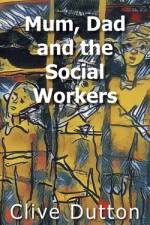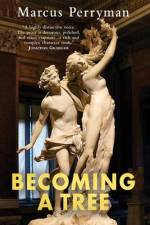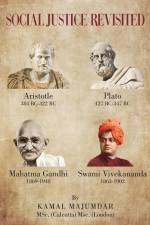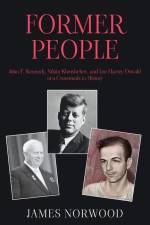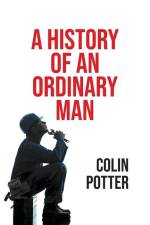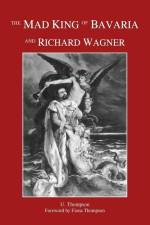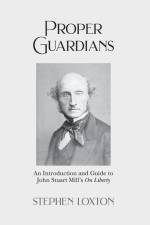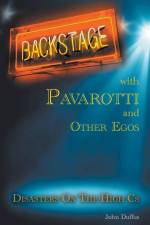av Stephen Loxton
517
Proper Guardians offers an introduction to the life and thought of John Stuart Mill (1806-1873) and a commentary and guide to his text of 1859, On Liberty. For a period steeped in waves of political correctness, with varied assaults on the liberty of expression, On Liberty (1859) remains a signal work, championing the vital worth of personal and political liberty. Mill promotes the liberty of thought and expression, affirming 'the inward domain of consciousness, demanding liberty of conscience in the most comprehensive sense, liberty of thought and feeling, absolute freedom of opinion and sentiment on all subjects, practical or speculative, scientific, moral or theological'. Against the claims of those who think that all should respect and defend whatever views they self-affirm, Mill defends the 'liberty of expressing and publishing opinions'. He thinks that although this 'may seem to fall under a different principle, since it belongs to that part of the conduct of the individual which concerns other people', such liberty of expression is actually 'almost of as much importance as the liberty of thought itself and resting in great part on the same reasons, is practically inseparable from it'. Liberty also 'requires liberty of tastes and pursuits, of framing the plan of our life to suit our own character, of doing as we like, subject to such consequences as may follow, without impediment from our fellow creatures, so long as what we do does not harm them, even though they should think our conduct foolish, perverse, or wrong'. Mill also defends the liberty of association, for the 'liberty of each individual follows the liberty, within the same limits of combination among individuals; freedom to unite for any purpose not involving harm to others; the persons combining being supposed to be of full age and not forced or deceived'. Many questions are raised by Mill's defence of liberty, but Mill's view make a strong challenge to those currents of thought and opinion in modernity that look to restrict discussion of ideas that will offend conventions against free discussion of the virtues of colonialism, the issue of trans rights, and the general benefits of free expression. Mill's view is that human worth, individual and social, prospers when each person accepts that they are 'the proper guardian' of their 'own health, whether bodily or mental and spiritual'. The crucial idea for Mill is that humanity gains in a reciprocal life, 'by suffering each other to live as seems good to themselves', rather 'than by compelling each to live as seems good to the rest'. Thus, as individuals possessing self-regarding and other-respecting liberty, we defend and develop an authentic and civilized society.

